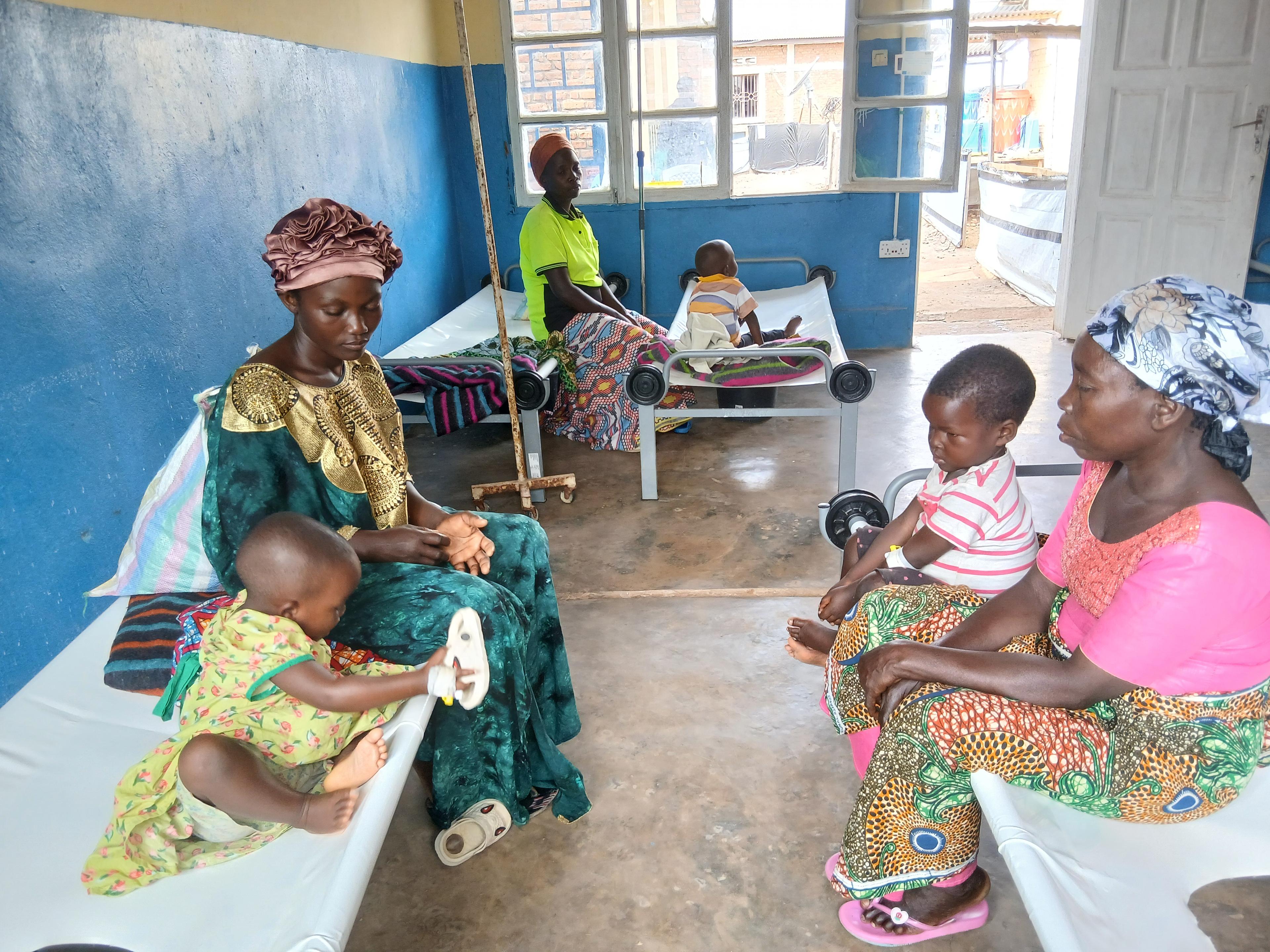Luxembourg War in Middle East
War in Middle East
 Ukraine Emergency Response
Ukraine Emergency Response War in Sudan
War in Sudan

What’s Left After the Flames: Four Years of Full-Scale War in Ukraine
Four years after the Russian invasion, the escalation of a conflict that began in 2014 has devastated everything: thousands dead and cities in ruins. Discover the story of lives shattered beneath the rubble, where survival means never being able to return.
How Youth Participation Is Strengthening Adolescent-Friendly Care in Mbare
In Zimbabwe, adolescents often face stigma, fear of judgment, lack of privacy and scarcity of suitable spaces, which discourages them from accessing sexual and reproductive health services.

Sudan: Repeated drone strikes hit civilian areas, MSF treats around 170 people in two weeks
Drone attacks carried out by the Sudanese Armed Forces and Rapid Support Forces are hitting civilian areas and critical infrastructure, including schools, markets, health centers and water points.

South Kivu: MSF responds to worst cholera epidemic in Sangé in five years
After 8 weeks of emergency intervention by Doctors Without Borders in Sangé, in the province of South Kivu, in the east of the Democratic Republic of Congo, the number of cholera patients has decreased by 90%.

MSF launches an emergency response in El Obeid, close to one of Sudan’s most active frontlines
MSF teams have started water and sanitation activities in the main displacement camp of El Obeid, the capital of North Kordofan state, and we are ready to expand healthcare activities in the city and other areas of the Kordofans region.

Displaced and forgotten: Families in northwest Syria face harsh winter conditions
In Syria, despite the end of the war, the population continues to suffer the consequences of fourteen years of conflict. Many have sought refuge in the mountains, with emergency reception camps becoming precarious and long-term living spaces.
Luxembourg2/9/2026
Mapathon: your clicks will make a difference on 25 February!
Would you like to support Médecins Sans Frontières' work from Luxembourg? Join us on Wednesday, 25 February 2026 for our next mapathon at Neimënster.

Measles vaccination campaign in El Geneina: The first since 2021
In collaboration with the Ministry of Health and other partners, MSF conducted a measles vaccination campaign at the end of January. In six days, 174,000 children aged 9 months to 15 years were vaccinated, representing 94% of the target population.

Forgotten between borders: The critical needs of displaced people in South Sudan
Barely ten years after its independence, South Sudan continues to face multiple crises: conflict, violence, insecurity, and limited access to healthcare. Renowned photographer Nicolò Filippo Rosso has documented this crisis.